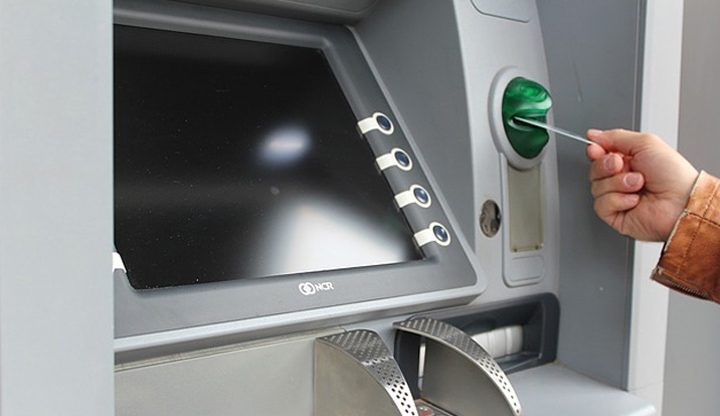
ATM Card Security Tips
As we all know, an ATM (Automated Teller Machine) is a great convenience for withdrawing cash. Using them, however, can sometimes compromise our safety and security.
Security Center
Fraud can be disguised in many forms, and its impact can range from a nuisance to financially debilitating. Stay vigilant and protect yourself to prevent identity theft and financial ruin.
Report Suspicious Activity
Monitor the balances of your financial accounts. Look for unexplained charges or withdrawals. Know that Texas First Bank will NEVER ask for your personal information via email or text message unless YOU initiated the contact. If you get an unexpected email or text message that looks like it's from us, you should call us immediately and NOT respond.
Even if you've been very careful about keeping your personal information to yourself, an identity thief can strike. If you suspect that your personal information has been used to commit fraud or theft, take the following four steps right away.
Remember to follow up on all calls in writing, send your letter by certified mail with the return receipt requested, so you can document what the company received and when, and keep copies for your files.
Very likely, your employer and financial institution will need your SSN for wage and tax reporting purposes. Other private businesses may ask you for your SSN to do a credit check, such as when you apply for a car loan. Sometimes, however, they simply want your SSN for general record keeping. If someone asks for your SSN, ask the following questions:
If you don’t provide your SSN, some businesses may not provide you with the service or benefit you want. Getting satisfactory answers to your questions will help you to decide whether you want to share your SSN with the business.
Identity theft is an ever-growing problem, with criminals getting more and more inventive by the day. One method used to target innocent victims is called “phishing”, or “carding”/“smishing”; maliciously crafted warnings are emailed/texted in order to extract personal information such as credit card numbers, bank account details, passwords, etc., from unsuspecting users. Texas First Bank urges customers to never provide any confidential data unless requested directly from one of its authorized representatives via a legitimate communication channel—otherwise, it could be too late!
Always think twice before sharing personal or financial details, and take a look at credit card/bank statements as soon as you can—don’t be the victim of an unauthorized charge. For more tips on keeping yourself safe from phishing scams, visit the Federal Trade Commission’s website for more information.
Social media has revolutionized the way we stay connected with our loved ones and associates, creating powerful online communities. But just like in any other community, you must exercise caution by being mindful of what information you share and how it may affect your safety when navigating these digital spaces.
ATMs can be a great way of getting access to quick cash when needed, but you need to stay safe while using them. It’s important to know your surroundings, be aware of card-skimming devices, and always be vigilant with your PIN number. Following these few precautions can help you use ATMs safely and securely.
At Texas First Bank, we take quick action and send you a text message if anything suspicious shows up on your account. If you receive a fraud alert message, simply respond whether the transaction was yours or not.
Questions?
Learn more about our text fraud alert service in our FAQ.
If you believe you’ve identified fraud, please report it. Examples of suspicious activity you should report include:
NOTE: If you believe you’re a victim of credit or debit card fraud or would like to dispute a charge, do not complete the following online form. Contact our Visa® department at (800) 500-1044 for debit/check cards or (800) 325-3678 for credit cards.

As we all know, an ATM (Automated Teller Machine) is a great convenience for withdrawing cash. Using them, however, can sometimes compromise our safety and security.

Wire fraud is on the rise, and anyone can be a victim. A common scheme we’re seeing these days is the Email Account Compromise (EAC). Its effects can be devastating, sometimes resulting in thousands of dollars lost for you or your company.

It’s summertime, and that means time for fun family vacations! Unfortunately it also means an increased risk for you to have your information stolen by a card skimmer when you use your credit or debit card at the gas pump.
Locate your local banking center or contact us using the links below.